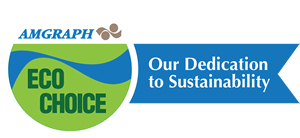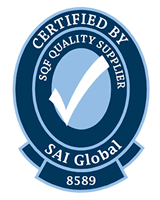Confusion about the terminology used in the sustainability movement could be hindering progress
What does it mean to “recycle”? Seems pretty straightforward, doesn’t it? But, in fact, there is very little agreement in the manufacturing world (or even in legislation) about what common green terms like “recyclable” or “compostable” really mean.
In a recent article on PackagingDigest.com, writer Kyla Fisher examined the problem of chaotic and subjective definitions in the world of sustainability. For instance, she stated that she and her colleagues counted no less than 18 different definitions of the word “recycle” in the United States alone. So while consumers, manufacturers, and government entities are all trying to improve sustainable performance, a basic lack of understanding of the goals has become a problem.
According to Fisher, the lack of a common understanding dilutes our ability to engage in meaningful change, because confusion around the terminology opens the door to emotional reactions rather than informed decisions, and that can result in uninformed policy.
As an example, she sites recent moves to ban single-use plastics. While the intention may be noble, the definition of “single-use plastic” is often unclear and can seem arbitrary, as it can change from one jurisdiction to the next.
“You can’t manage what you can’t measure—and it’s difficult (if not impossible) to measure what you can’t define,” wrote Fisher in the article. “So how can we move forward?”
AMERIPEN (a material-neutral trade association for the packaging industry) suggests defining terms based on the following hierarchy:
- First: Regulatory documents
- Second: International Organization for Standardization (ISO)
- Third: Technical standards
- Fourth: Association, organization, or agency definition
You can read Fisher’s full article here. To review AMERIPEN’s definitions for terms such as recyclable, reusable, renewable, and compostable/degradable, check out their publication “Packaging Materials Management Definitions: A Review of Varying Global Standards Guidance Document” here.
At AMGRAPH, we are committed to staying on the cutting edge of developments in every area of sustainability, and that includes understanding legislation and how it affects packaging material choices. We can help you make the right decisions both to comply with the laws as they are written today and to minimize your overall environmental impact for the good of the planet.









